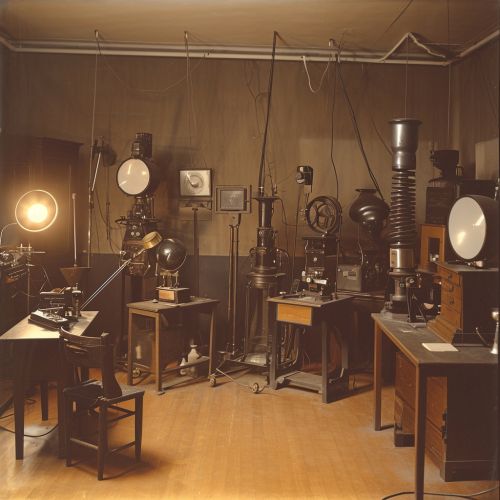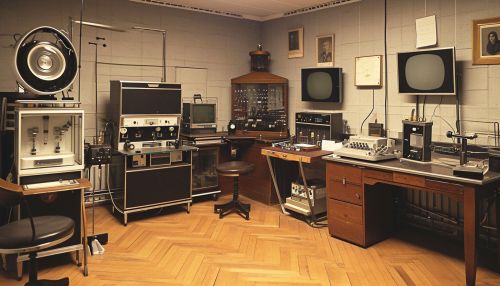Parapsychology
Introduction
Parapsychology is a field of study that investigates paranormal and psychic phenomena, including telepathy, precognition, clairvoyance, psychokinesis, near-death experiences, and reincarnation, among others. It is considered a pseudoscience by the mainstream scientific community due to the lack of empirical evidence supporting its claims and the methodological problems associated with its study.
History


The origins of parapsychology can be traced back to the spiritualist movement of the late 19th century, which was characterized by a widespread belief in the existence of an afterlife and the ability of certain individuals, known as mediums, to communicate with the deceased. The term "parapsychology" was coined in the early 20th century by psychologist Max Dessoir and was used to replace the earlier term "psychical research" in order to indicate a closer affiliation with established disciplines in psychology.
The establishment of the Duke Parapsychology Laboratory under the direction of J. B. Rhine in 1930 marked a significant milestone in the history of parapsychology. Rhine introduced the use of statistical methods in parapsychological research and conducted a series of experiments on extrasensory perception (ESP) and psychokinesis that were widely reported in the popular press.
Despite the initial enthusiasm, parapsychology has been met with considerable skepticism and criticism from the mainstream scientific community. Critics argue that the experimental methods used in parapsychology are flawed and that the evidence for paranormal phenomena is weak and inconsistent.
Methodology
Parapsychologists employ a variety of experimental methods to investigate paranormal phenomena. These include controlled laboratory experiments, field studies, and case studies.
Controlled laboratory experiments in parapsychology often involve the use of random number generators or Zener cards to test for evidence of ESP or psychokinesis. Participants in these experiments are typically asked to predict or influence the outcome of a series of random events.
Field studies in parapsychology involve the investigation of spontaneous cases of paranormal phenomena, such as hauntings or poltergeist activity. These studies often involve the use of equipment designed to measure physical phenomena, such as electromagnetic fields or temperature changes, that are believed to be associated with paranormal activity.
Case studies in parapsychology involve the in-depth investigation of individual cases of paranormal phenomena. These studies often involve interviews with the individuals involved and a detailed examination of the circumstances surrounding the reported phenomena.
Criticisms and Controversies
Parapsychology has been the subject of numerous criticisms and controversies. One of the main criticisms is that the evidence for paranormal phenomena is weak and inconsistent. Critics argue that many of the positive results reported in parapsychological research can be attributed to methodological flaws, such as data selection bias, experimenter bias, or statistical errors.
Another criticism is that parapsychology lacks a theoretical framework. Critics argue that parapsychologists have failed to provide a plausible explanation for the mechanisms underlying paranormal phenomena.
Parapsychology has also been criticized for its reliance on anecdotal evidence and case studies, which are considered less reliable than controlled experiments. Critics argue that many of the reported cases of paranormal phenomena can be explained by psychological factors, such as suggestion, misperception, or memory distortion.
Despite these criticisms, parapsychology continues to attract a small but dedicated group of researchers who believe that the existence of paranormal phenomena can be scientifically demonstrated.
Future Directions
Despite the controversies and criticisms, parapsychology continues to evolve as a field of study. Some parapsychologists are exploring new methodological approaches, such as the use of quantum physics models to explain paranormal phenomena. Others are focusing on the potential practical applications of parapsychology, such as the use of ESP in criminal investigations or the study of near-death experiences to gain insights into the nature of consciousness and the possibility of life after death.
